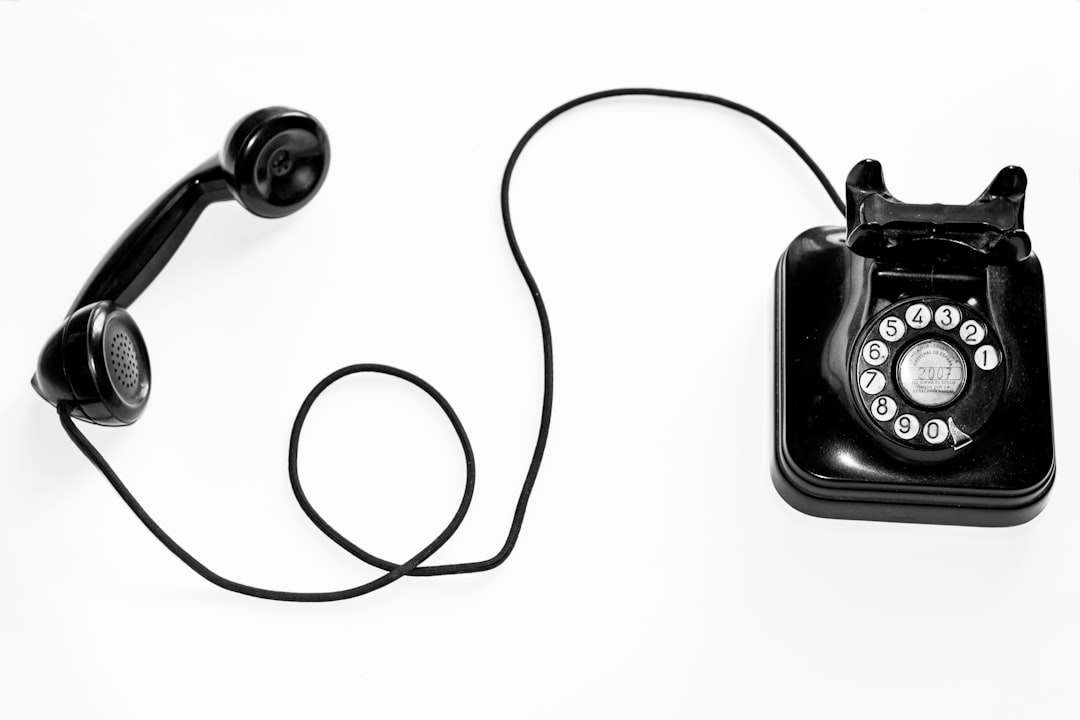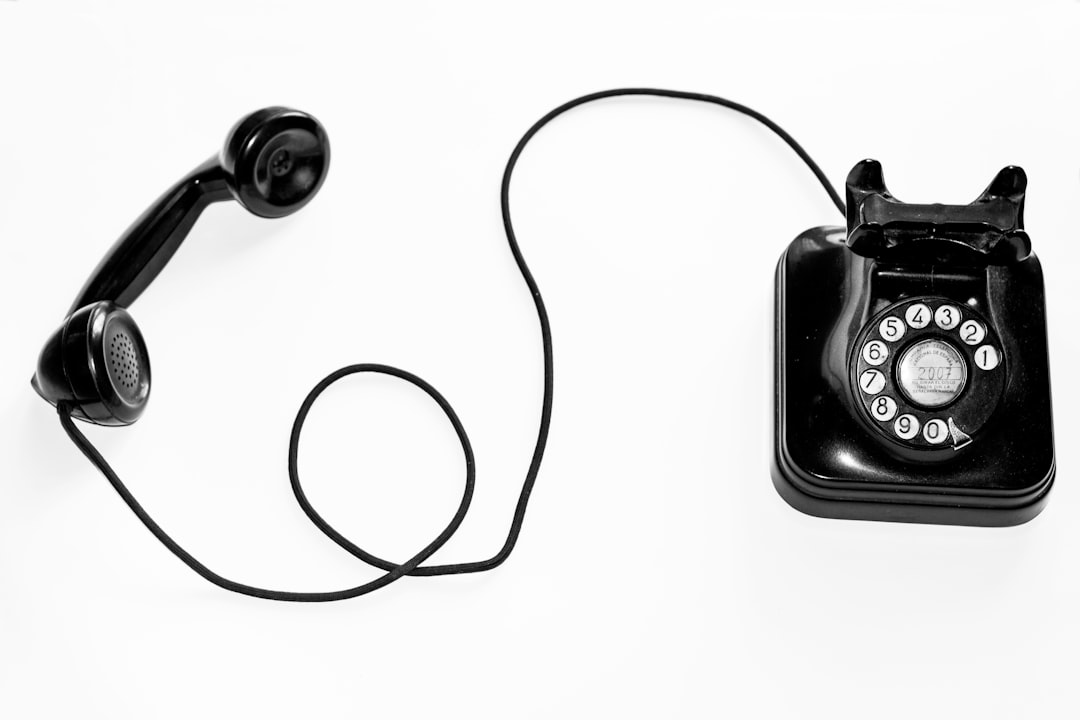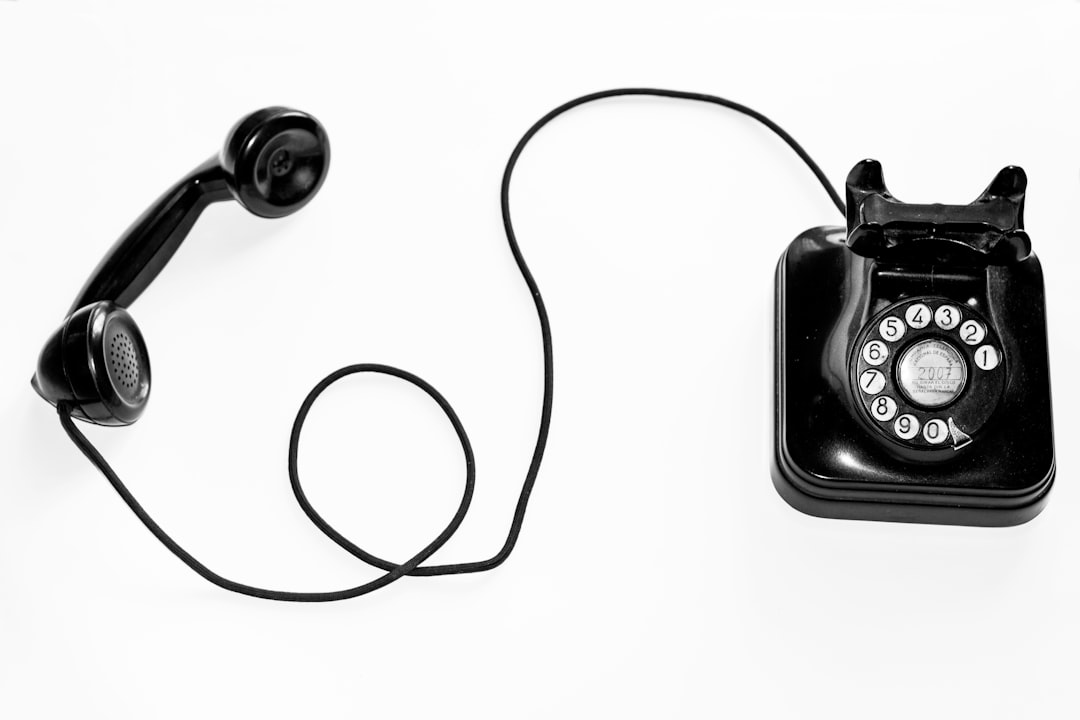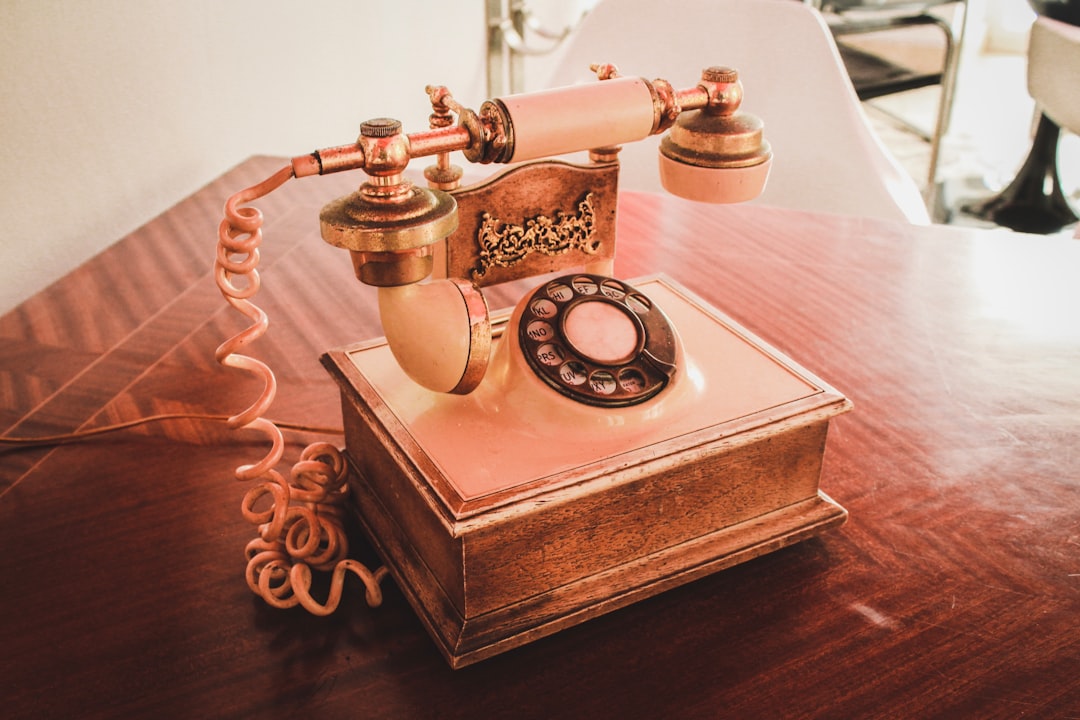In the digital age, Iowans face a dual challenge from phone calls: robocalls (automated marketing messages) and live calls (personalized interactions with professionals). Robocalls are restricted by state law, but they're persistent and intrusive. Live calls, including those from "Do Not Call" attorney lists in Iowa, offer more reliable connections and privacy respect. Iowans are advised to verify call authenticity, register on the National Do Not Call Registry, use call-blocking features, block numbers, and screen unknown callers to minimize robocalls and protect their privacy, especially when seeking legal services from Do Not Call attorneys Iowa.
In today’s digital age, Iowans are increasingly bombarded by unwanted robocalls, making it crucial to understand their differences from live calls. This article delves into the distinct characteristics of robocalls and live interactions, exploring how they impact residents’ daily lives. We’ll analyze delivery methods, content variations, and the legal perspective, including the role of Do Not Call attorneys in Iowa. Additionally, practical strategies will be offered to minimize robocall interference.
Understanding Robocalls and Live Calls

In today’s digital era, Iowans are increasingly encountering two distinct types of phone calls: robocalls and live calls. Robocalls, as the name suggests, are automated messages that use technology to dial and deliver pre-recorded information or marketing messages en masse. These calls often promote various services, products, or even legal offerings, but they’re not personalized and can be a nuisance due to their frequency and lack of human interaction. On the other hand, live calls involve real people who are reachable through direct contact, allowing for two-way communication. Unlike robocalls, live calls aim to build relationships, resolve issues, or offer tailored advice, including legal assistance from attorneys in Iowa, addressing specific needs rather than broadcasting generic messages.
When it comes to Do Not Call attorney lists in Iowa, understanding the difference is crucial. Robocalls, despite their prevalence, are often prohibited by state laws, making them less reliable for legal communication. Live calls, however, offer a more personalized and effective means of reaching out to professionals like attorneys. Iowans should be cautious when answering unknown numbers, especially regarding legal matters, and prioritize verifying the authenticity of any call that seeks personal or sensitive information.
The Impact of Robocalls on Iowans

In today’s digital age, Iowans are increasingly experiencing a pervasive problem: robocalls. These automated phone calls, often marketing or promotional in nature, have become a nuisance for many residents. Unlike live calls from real people, robocalls typically deliver pre-recorded messages and can be difficult to stop, even when you register on national “Do Not Call” lists. This is particularly frustrating for Iowans who wish to avoid such unwanted intrusions into their personal time, especially as these calls often promote legal services, which many residents may not need or want.
The impact of robocalls extends beyond mere annoyance. They can be a significant disruption, leading to wasted time and energy trying to block or silence them. In addition, some robocalls masquerade as legitimate entities, such as Do Not Call attorneys in Iowa, which can cause confusion and concern among recipients. This practice raises important questions about consumer privacy and protection, encouraging Iowans to stay informed and vigilant against these automated intrusions.
Differences in Delivery and Content

In terms of delivery, robocalls and live calls differ significantly. Robocalls are automated phone calls that use recorded messages and often target a large number of recipients simultaneously. The content in robocalls tends to be generic, focusing on mass messaging with minimal personalization. On the other hand, live calls involve a real person reaching out directly to an individual or a small group. This allows for tailored conversations where the caller can address specific concerns or needs unique to each receiver.
When it comes to content, robocalls typically promote various services or products and often include requests to take immediate action, such as pressing a number to opt-out. They are known for their persistent nature, sometimes making multiple attempts in quick succession. In contrast, live calls usually serve different purposes, ranging from customer service inquiries to appointment scheduling or even legal advice. Iowans receiving live calls from attorneys, for instance, can expect personalized interactions where sensitive information is discussed discreetly. Do not call attorneys Iowa regulations also play a role here, ensuring that live calls respect individual privacy and consent.
Legal Perspective: Do Not Call Attorneys Iowa

In Iowa, robocalls and live calls are subject to different legal considerations, particularly regarding consumer protection. The state has specific regulations in place to combat unwanted telemarketing calls, including those from automated systems. Do Not Call attorneys in Iowa play a crucial role in helping residents navigate these laws. If you’re receiving excessive or inappropriate robocalls, these legal experts can provide guidance on how to file a complaint with the Iowa Attorney General’s Office or other relevant authorities. They ensure that businesses adhere to the state’s “Do Not Call” registry and take appropriate legal action if necessary.
Understanding your rights under Iowa’s consumer protection laws is essential. Do Not Call attorneys specialize in defending client rights against unsolicited calls, ensuring that Iowans are not harassed or misled by telemarketers. They offer a vital service, especially given the prevalence of automated robocalls, helping to maintain a peaceful and respectful communication environment for residents across the state.
Strategies to Handle and Reduce Robocalls

Robocalls, while often unwanted, can be particularly prevalent for Iowans, leading to strategies to handle and reduce their impact. One effective approach is to register on the National Do Not Call Registry, which helps block automated calls from marketing firms. Additionally, many telephone service providers offer call-blocking features or specific plans designed to combat robocalls.
For those receiving excessive robocalls promoting legal services in Iowa, it’s advisable to hang up immediately and do not engage or provide any personal information. Instead, consider using tools like call-screening apps or advanced call filters offered by your phone carrier. Remember, saying “no” to unknown callers and blocking their numbers can significantly reduce the frequency of robocalls received.






